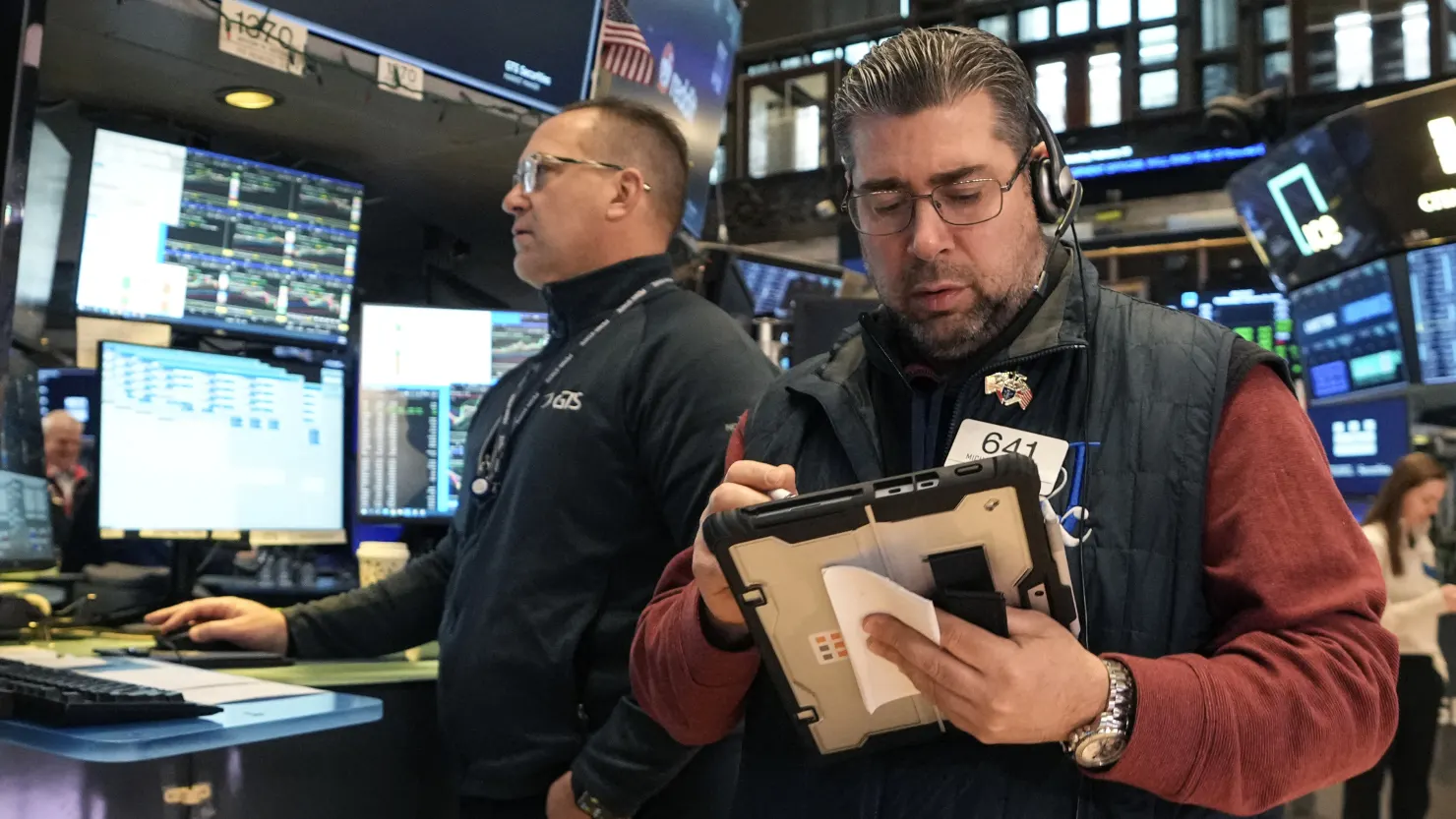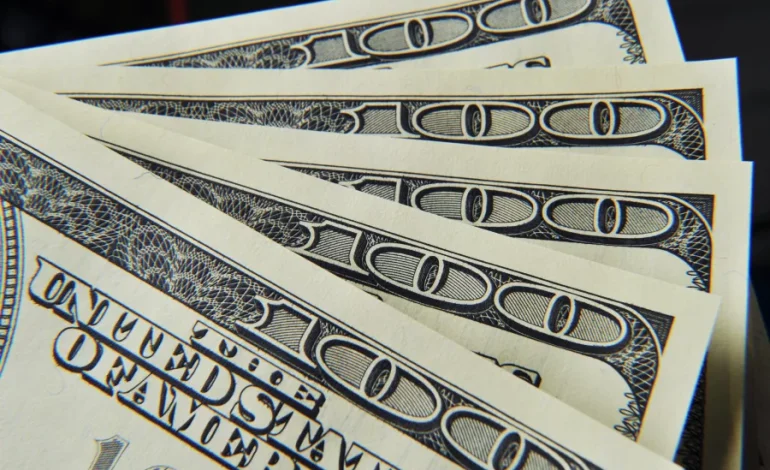The US dollar is experiencing its steepest early-year decline in over half a century, driven in part by investor concerns over President Donald Trump’s trade and fiscal policies, according to Harvard economist Kenneth Rogoff.
The US dollar index, which tracks the dollar’s value against a basket of major global currencies including the euro and yen, has fallen 10.8% in the first half of 2025. The decline is the sharpest since the early 1970s, when President Richard Nixon ended the gold standard, a move that also marked a turning point in global currency dynamics.
Rogoff, a former chief economist at the International Monetary Fund, told NPR’s Morning Edition that while the dollar was unusually strong at the start of the year, recent volatility is tied to both the unpredictability and substance of current US policy.
“There’s no question that Donald Trump is a catalyst,” Rogoff said, pointing to trade tensions, tariffs, and threats to tax foreign investment. “Generally, he’s making it seem like investing in the United States is not as safe as it used to be.”
The weakening dollar has implications for both consumers and businesses. A weaker currency makes international travel and imported goods more expensive for Americans, while US exports become cheaper and more competitive abroad. Sectors like technology services, consulting, and intellectual property, which are often priced in dollars, may benefit.
However, the long-term impact could be more profound. Rogoff warned that rising concerns over the US federal deficit and perceived instability in trade policy may prompt foreign investors to diversify away from dollar-denominated assets.
“It just doesn’t look like there’s a plan,” Rogoff said, referring to the federal debt. “Trump just says, ‘there’s nothing to worry about.’ But foreign investors are worried.”
The recently passed One Big Beautiful Bill Act, which includes significant tax cuts and increased spending, is also a factor. Rogoff said such policies may further accelerate the dollar’s decline if investors believe the US is abandoning fiscal discipline.
The dollar’s value is often viewed as a reflection of investor confidence in the broader US economy. According to Rogoff, the global conversation around the dollar this year suggests a potential shift in how the currency is perceived internationally.
“We absolutely may be looking at an inflection point in the global economy and economic history,” he said.
While exporters may gain from a weaker dollar in the short term, Rogoff cautioned that if the currency continues to lose ground as a global reserve standard, the long-term economic consequences for the US could be severe.
“This is the biggest thing, really, in more than 50 years,” Rogoff concluded. “It’s a very big deal.”
With input from NPR.










The latest news in your social feeds
Subscribe to our social media platforms to stay tuned